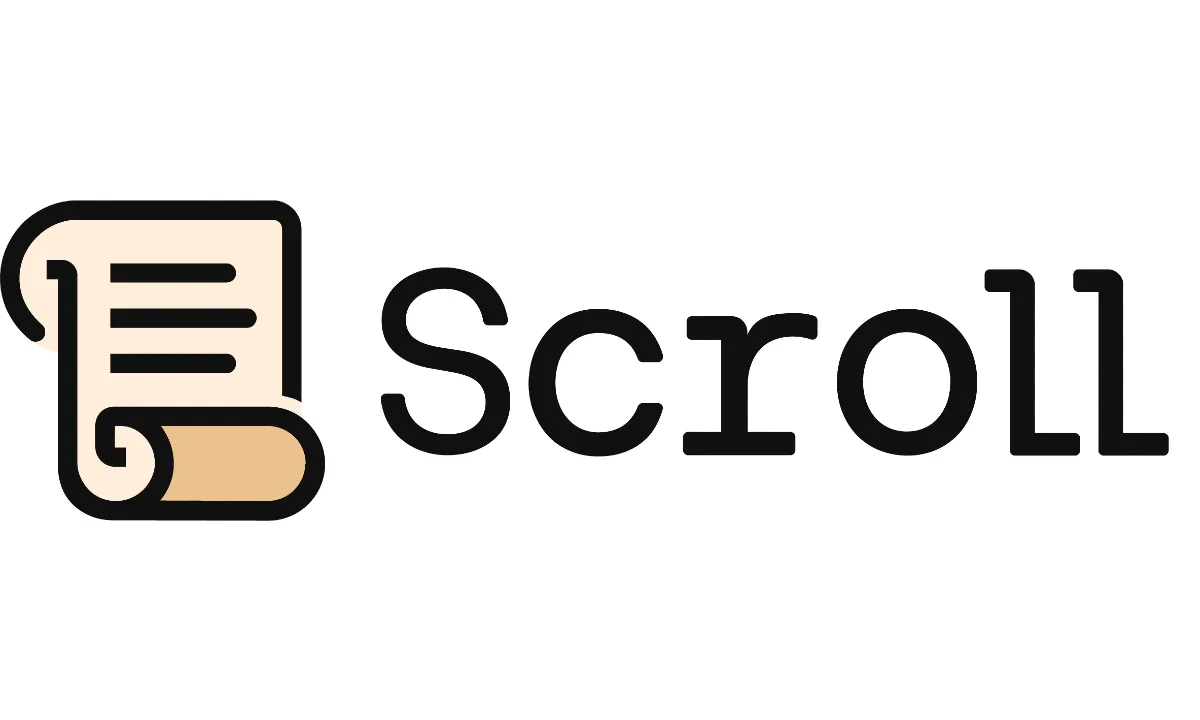Scroll Launches $SCR Token to Decentralize Its Ecosystem and Reward Global Contributors

Scroll Launches $SCR Token for Community Contribution Recognition
On October 22nd, 2024, Scroll, the leading zero-knowledge rollup for Ethereum, announced the launch of its native token, $SCR. With the introduction of $SCR, Scroll acknowledges its global contributors and aims to provide opportunities for everyone to participate in its decentralized future.
Initial Distribution and Impact
The initial distribution of $SCR includes an airdrop to various contributors, emphasizing the importance of community involvement. Participants contributing to on-chain activities, projects, hackathon winners, and educational data providers will receive this token through well-thought-out allocations.
Enhanced Rewards and Future Opportunities
Scroll is set to introduce groundbreaking reward programs to foster innovation within the community. The newly launched Scroll Open program will provide up to US$100 million in retro grants to the most creative builders on the Scroll platform, creating new opportunities for growth.
Technological Advantages of Scroll
Utilizing advanced zero-knowledge technology, Scroll ensures the fastest finality among all rollups, enhancing security and interoperability within the network. This innovation not only drives the network's resilience but also enriches the utility of $SCR.
Commitment to Decentralization and Growth
Raza Zaidi, Head of Growth for Scroll, states, “The launch of $SCR embodies our platform's evolution towards decentralization.” This initiative empowers the community, allowing them to have more control while rewarding their contributions. Co-founder Sandy Peng emphasizes that this marks a significant milestone in Scroll's mission to scale a secure and decentralized world.
About Scroll
Scroll is dedicated to creating a more scalable and secure on-chain future leveraging zero-knowledge rollup technology. Their environment is developer-friendly, providing robust tools for builders to achieve real-world impact.
This article was prepared using information from open sources in accordance with the principles of Ethical Policy. The editorial team is not responsible for absolute accuracy, as it relies on data from the sources referenced.